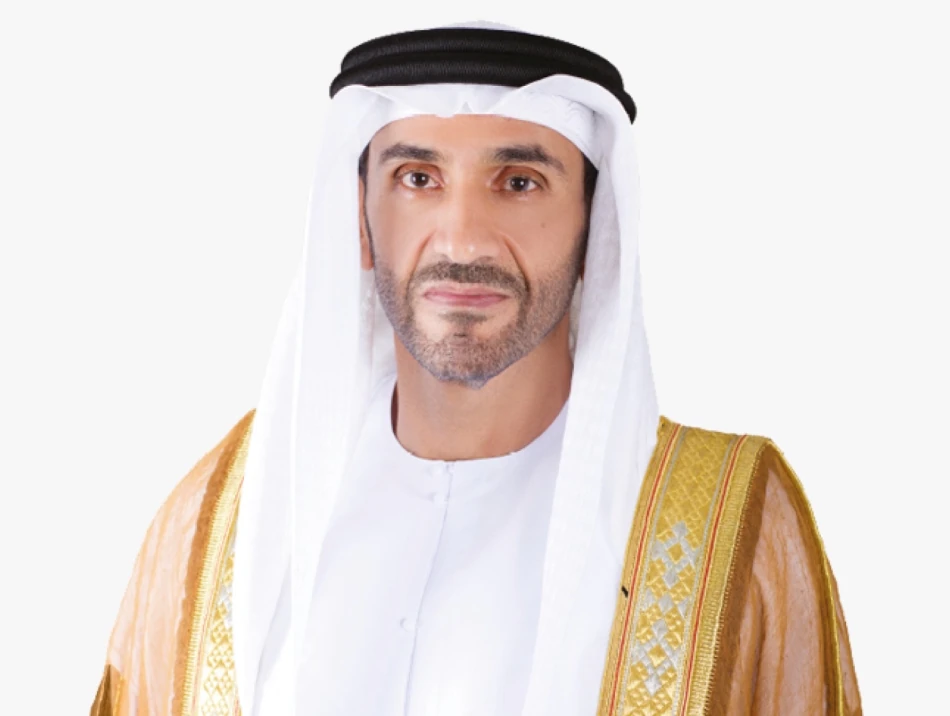
"زايد الإنسانية" تحتفل بمرور 33 عاماً على تأسيسها.. ونهيان بن زايد يشيد بريادة الإمارات في العمل الإنساني
UAE's Zayed Foundation Marks 33 Years as Global Humanitarian Powerhouse
The Zayed Foundation for Charitable and Humanitarian Works has reached a significant milestone, celebrating 33 years of operation since its establishment on August 5, 1992. Founded by the late Sheikh Zayed bin Sultan Al Nahyan, the organization has distributed over 2 billion dirhams in aid across 185 countries, cementing the UAE's position as a leading force in international humanitarian assistance and showcasing how strategic philanthropy can enhance a nation's global influence.
Three Decades of Strategic Humanitarian Investment
Since its inception, the Zayed Foundation has evolved from a national charitable organization into a sophisticated global humanitarian apparatus. The foundation's reach across 185 countries represents one of the most extensive humanitarian networks operated by a single nation, rivaling established international organizations in scope and impact.
Sheikh Nahyan bin Zayed Al Nahyan, Chairman of the Foundation's Board of Trustees, emphasized that the UAE's humanitarian leadership reflects decades of consistent investment in global welfare. Under President Sheikh Mohamed bin Zayed Al Nahyan's leadership, the country continues to leverage humanitarian aid as both a moral imperative and a strategic tool for international engagement.
The Soft Power Dividend
The foundation's work exemplifies how smaller nations can punch above their weight diplomatically through strategic humanitarian engagement. Unlike traditional aid models that often come with political strings attached, the UAE's approach focuses on practical, sustainable development projects that build long-term goodwill without explicit political conditionality.
2025 Expansion: Diversified Global Portfolio
Dr. Mohammed Ateeq Al Falahi, the Foundation's Director General, outlined an ambitious first-half 2025 agenda that demonstrates the organization's sophisticated approach to international development. The portfolio spans multiple sectors and continents, indicating a mature understanding of global development needs.
Infrastructure and Technology Focus
The foundation's recent projects reveal a strategic emphasis on sustainable technology solutions. Solar-powered water desalination projects in Egypt, Jordan, and Tanzania represent a forward-thinking approach that addresses immediate needs while building long-term capacity. This focus on renewable energy solutions positions the UAE as a leader in climate-conscious development aid, particularly relevant as international donors increasingly prioritize environmental sustainability.
Human Capital Development
Educational infrastructure projects in Tajikistan and specialized care centers for children with disabilities in Kazakhstan demonstrate the foundation's commitment to human capital development. These investments create lasting institutional capacity rather than temporary relief, distinguishing the UAE's approach from traditional emergency aid models.
Healthcare Diplomacy in Action
The foundation's operation of hospitals and medical centers in Pakistan, Mauritania, and Morocco represents a sophisticated form of healthcare diplomacy. By partnering with local health institutions rather than operating independently, the UAE builds sustainable capacity while fostering bilateral relationships with strategically important nations across South Asia, North Africa, and the Maghreb.
Strategic Geographic Distribution
The foundation's geographic focus reveals calculated diplomatic priorities. Projects in Central Asia (Kazakhstan, Tajikistan) strengthen ties with energy-rich former Soviet states, while North African initiatives (Egypt, Morocco, Mauritania) reinforce the UAE's position as a bridge between the Gulf and Africa. The inclusion of Pakistan reflects the UAE's significant expatriate population and economic ties with South Asia.
Institutional Partnerships and Sustainability
The foundation's emphasis on signing agreements with governmental and humanitarian organizations reflects a mature understanding that sustainable impact requires local ownership and institutional embedding. This approach contrasts with aid models that create dependency, instead focusing on building local capacity and ensuring project continuity beyond initial funding periods.
The Competitive Advantage
Unlike larger donors such as the United States or European Union, whose aid often carries explicit political conditions, the UAE's humanitarian approach offers recipient countries development assistance without demands for political alignment. This creates significant goodwill and positions the UAE as a preferred partner for nations seeking development assistance without political complications.
Global Implications for Humanitarian Assistance
The Zayed Foundation's model demonstrates how middle powers can achieve outsized international influence through consistent, professional humanitarian engagement. As traditional Western donors face domestic pressure to reduce foreign aid, organizations like the Zayed Foundation fill critical gaps while advancing their nations' strategic interests.
The foundation's 33-year track record provides a blueprint for how emerging economies can build global influence through humanitarian leadership, combining moral authority with strategic positioning to create lasting international partnerships and enhance national prestige on the global stage.
Most Viewed News

 Sara Khaled
Sara Khaled






